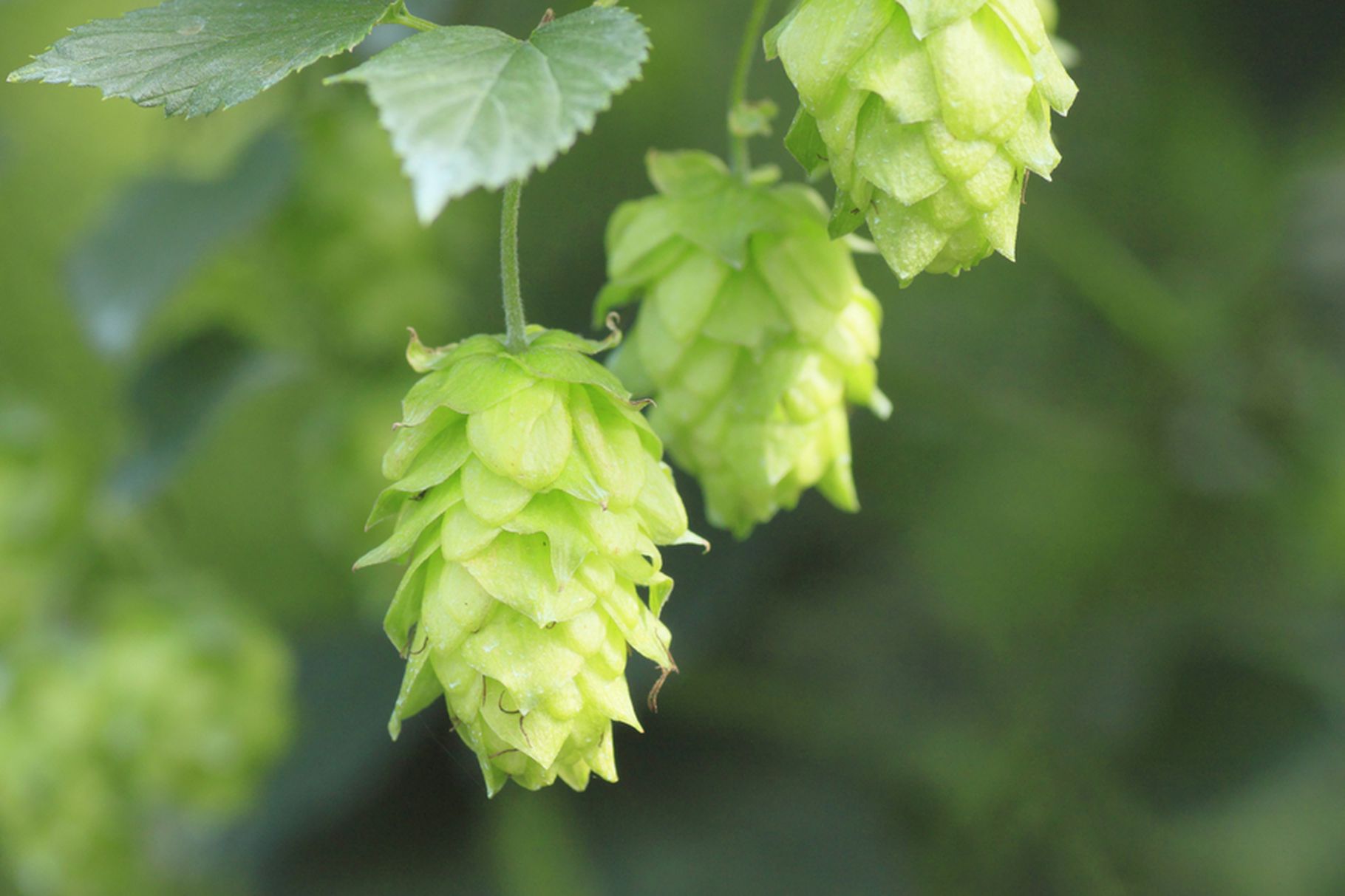 A new product is being plugged as containing CBD derived from humulus—that is, hops, the buds used as a bittering agent in beer. Some of the media hype has implied that this novel origin gets around the US federal stricture on the cannabinoid. But experts raise a skeptical eyebrow at the claim of hops-derived CBD. And in any event, the federal stricture is on the cannabinoid itself, regardless of how it is derived.
A new product is being plugged as containing CBD derived from humulus—that is, hops, the buds used as a bittering agent in beer. Some of the media hype has implied that this novel origin gets around the US federal stricture on the cannabinoid. But experts raise a skeptical eyebrow at the claim of hops-derived CBD. And in any event, the federal stricture is on the cannabinoid itself, regardless of how it is derived.
Global demand is growing fast for cannabidiol—CBD, the non-psychoactive cannabinoid believed to hold a plethora of curative properties. Yet it contunues to be a controlled substance under US federal law, So recent corporate claims of CBD not actually derived from the cannabis plant have sparked a flurry of news stories.
The big print giveth...
Back in November, Vancouver-based Isodiol International issued a press release boasting of plans to begin US sales of "ImmunAG™, the market’s first non-cannabis cannabidiol (CBD) product derived from the hops plant." Then, just this month, San Diego-based Medical Marijuana Inc issued its own press release announcing similar plans and making similar claims about the same product, in a partnership with Peak Health of San Francisco. The two firms will market the CBD product as Real Scientific Humulus Oil (RHSO-K).
ImmunAg's website says the company is based in Goa, India, and boasts of being "the world's only supplier of healing extract from the patent pending 'Humulus kriya' plant." It describes ImmunAg as a combination of CBD with β-Caryophyllene and humulene. These last two are terpenes found in the hop plant.
Denver-based Westworld in its coverage of the Medical Marijuana Inc announcement called hops-derived CBD a "loophole" in the federal stricture on the cannabinoid. The account stated that because humulus kriya "is a variety of hop, not cannabis, the oil is legal in this country."
Industry website Merry Jane similarly hyped an "interesting way around the problem" of federal stricture—"creating a new CBD extract sourced from unquestionably legal plants."
...and the small print taketh away
Alas, such verbiage is misleading. It is CBD itself that is listed by the Drug Enforcement Administration as a controlled substance—regardless of how it is derived. Any ambiguity about this was removed on April 30 of this year, when the US 9th Circuit Court of Appeals ruled in litigation that had been brought on the matter. The Hemp Industries Association argued that since CBD is not actually listed in the 1970 Controlled Substances Act, it is not proscribed. The court accepted the DEA's argument that since it is found in cannabis, it is automatically covered by the law.
This is expected to change—the DEA is obliged to reconsider the status of CBD pursuant to the Food & Drug Administration's June approval of a CBD product—GW Pharmaceuticals' Epidiolex. But even if the DEA does reschedule or deschedule CBD, the plant it is derived from is not relevant.
And many are skeptical about the claim of hop-derived CBD altogether. Vice Money, in its write-up on the Isodiol announcement, flatly stated: "Scientists, however, are questioning the authenticity of that discovery."
The article quoted Isodiol's communications director Christopher Hussey saying: "It's a powerful product and it's not associated with the cannabis plant, yet we have managed to proof [sic] that it has the same effect as CBD from cannabis."
But also quoted is Jonathan Page, an adjunct professor at University of British Columbia's Botany Department, who was openly skeptical: "It's really puzzling to me. As far as scientific literature goes, there has been no reported case of CBD being isolated from the hop plant.” In fact, Page added, the hop plant is not even believed to contain CBD. "To Isodiol, I say show us the evidence. A corporate press release is not scientific evidence."
Cannabiz Journal, in a write-up this April, stated in its lede that Isodiol "may have found a way around the DEA and FDA stranglehold on access to cannabidiol."
Dig several paragraphs deeper, and Cannabiz quotes Dr. Ethan Russo, former president of the International Cannabinoid Research Society and now a senior medical advisor for GW Pharmaceuticals. Here's what he had to say: "Hops (Humulus lupulus) is also from the Cannabaceae family, and the closest plant relative of cannabis. However, hops does not contain CBD naturally. So, if there were hops that produced CBD, it would only be after it had been genetically modified artificially, a step that I certainly do not endorse. Alternatively, a hops extract might have CBD added, but that would be a marketing ploy with no real scientific, medical, or legal advantage in the end."
And indeed, the Westworld account states that in the region of northern India where it was discovered, humulus kriya "is naturally endowed with a high concentration of CBD because the hop plants cross-pollinate with wild cannabis plants that grow nearby." So, contrary to the sensationalistic claims, any CBD that may be found in the humulus still ultimately originates in cannabis.
Legally and scientifically, the claims about this product are highly dubious at the very best. It would be nice if journos would put the caveats closer to the lede (even at the expense of clicks), and remember Public Enemy's old adage—don't believe the hype.
Cross-post to Cannabis Now
Graphic via Shutterstock







Recent comments
4 weeks 15 hours ago
4 weeks 21 hours ago
7 weeks 1 day ago
8 weeks 21 hours ago
12 weeks 1 day ago
15 weeks 6 days ago
19 weeks 6 days ago
20 weeks 5 days ago
30 weeks 5 days ago
34 weeks 5 days ago